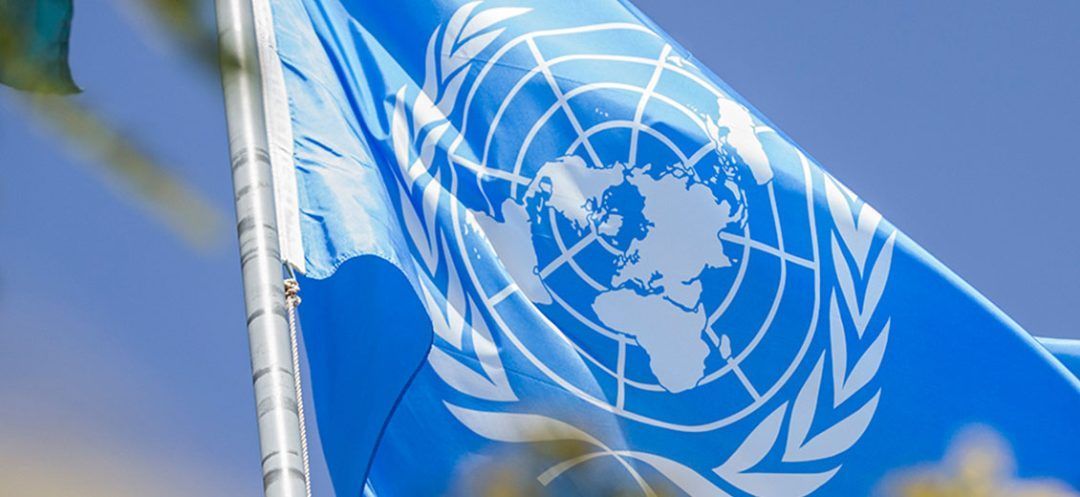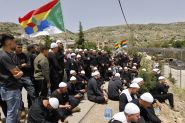- Home
- Middle East
- UN Decries 'Worst Restrictions' on Gaza Aid Since Start of War

In this picture a United Nations flag is seen waving. ©This is Beirut
Conflict-ravaged Gaza appears to be facing the worst restrictions on aid since the Israel-Hamas war began over a year ago, the UN said Tuesday, lamenting the especially devastating impact on children.
"Day after day, the situation for children becomes worse than the day before," said James Elder, spokesman for the UN children's agency UNICEF.
Vast areas of Gaza have been devastated by Israel's retaliatory assault on the territory after the October 7 Hamas attack last year sparked the war.
And Israel has been intensifying operations in the north of the besieged Palestinian territory, where the UN has warned hundreds of thousands of people are trapped.
Despite a desperate need to increase the amount of aid going in, Elder lamented that aid access was worsening.
"August was the lowest amount of humanitarian aid that came into the Gaza Strip of any full month since the war broke out," he said.
There had been "several days in the last week (where) no commercial trucks whatsoever were allowed to come in," Elder added.
"We see now what is probably the worst restrictions we've seen on humanitarian aid, ever."
Earlier in the year, amid warnings that the UN could declare a full-fledged famine in Gaza, Elder said there had been "a real push to have new routes and access points open".
But now, "we have seen an absolute reversal of that", he warned, adding that since May, "we've seen consistent entry points blocked".
Northern Gaza meanwhile "hasn't had food, any food aid at all coming in all of October", he added.
The dire lack of aid, coupled with the relentless strikes and the fact that around 85 percent of the Gaza Strip has been hit with some form of evacuation order, has made the territory "essentially unlivable", Elder said.
Polio vaccination campaign
Despite escalating Israeli military operations in certain areas, the second round of a polio vaccination campaign for hundreds of thousands of children began on Monday.
The vaccination drive began after the Gaza Strip confirmed its first case of polio in 25 years.
Like the initial round, the second will be divided into three phases, helped by localized "humanitarian pauses" in the fighting: first in central Gaza, then in the south and finally in the hardest-to-reach north of the territory.
Last week, the UN acknowledged that the second round would be "more complicated" than when the first doses were given last month.
The aim is to provide more than 590,000 children under the age of 10 with a second dose, with nearly 93,000 doses delivered in central Gaza on Monday alone, WHO spokesman Tarik Jasarevic told reporters.
"The vaccination went without major issues yesterday," he said, adding that he hoped the necessary humanitarian pauses would be observed throughout the territory.
With AFP
Read more



Comments